Filter by

The Bodhisattva's Brain :Buddhism Naturalized
"A Bradford Book."Can there be a Buddhism without karma, nirvana, and reincarnation that is compatible with the rest of knowledge?OCLC-licensed vendor bibliographic record.
- Edition
- -
- ISBN/ISSN
- 9780262298179
- Collation
- 1 online resource (xiv, 264 pages)
- Series Title
- -
- Call Number
- -
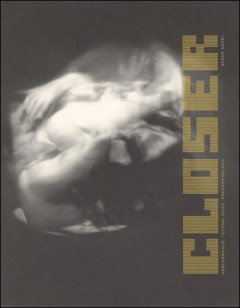
Closer :performance, technologies, phenomenology
Susan Kozel draws on live performance practice, digital technologies & the philosophical approach of phenomenology. She places the human body at the centre of explorations of interactive interfaces, responsive systems & affective computing, asking what is to be discovered as we become closer to our computers?OCLC-licensed vendor bibliographic record.
- Edition
- -
- ISBN/ISSN
- 9780262277563
- Collation
- 1 online resource (355 pages).
- Series Title
- -
- Call Number
- -
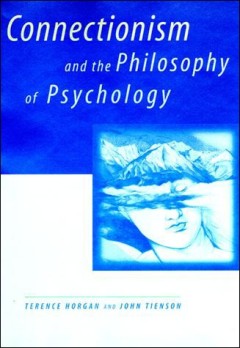
Connectionism and the Philosophy of Psychology
Human cognition is soft. It is too flexible, too rich, and too open-ended to be captured by hard (precise, exceptionless) rules of the sort that can constitute a computer program. In Connectionism and the Philosophy of Psychology, Horgan and Tienson articulate and defend a new view of cognition. In place of the classical paradigm that take the mind to be a computer (or a group of linked compute…
- Edition
- -
- ISBN/ISSN
- 9780262275675
- Collation
- 1 online resource (xiii, 207 pages) :illustrations
- Series Title
- -
- Call Number
- -

A mark of the mental :in defense of informational teleosemantics
Drawing on insights from causal theories of reference, teleosemantics, and state space semantics, a theory of naturalized mental representation.OCLC-licensed vendor bibliographic record.
- Edition
- -
- ISBN/ISSN
- 9780262339865
- Collation
- 1 online resource (xv, 327 pages) :illustrations.
- Series Title
- -
- Call Number
- -

Vision and Mind: Selected Readings in the Philosophy of Perception
"A Bradford book."The philosophy of perception is a microcosm of the metaphysics of mind. Its central problems--What is perception? What is the nature of perceptual consciousness? How can one fit an account of perceptual experience into a broader account of the nature of the mind and the world?--are at the heart of metaphysics. Rather than try to cover all of the many strands in the philosophy …
- Edition
- -
- ISBN/ISSN
- 9780262280716
- Collation
- 1 online resource (x, 627 pages) :illustrations
- Series Title
- -
- Call Number
- -
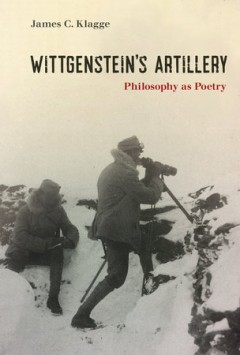
Wittgenstein's artillery :philosophy as poetry
"Original interpretation of Wittgenstein's life and work. Argues that W's military experience in WWI subtly influenced his conception of how philosophy should be understood and practiced"--OCLC-licensed vendor bibliographic record.
- Edition
- -
- ISBN/ISSN
- 0262365545
- Collation
- 1 online resource.
- Series Title
- -
- Call Number
- -
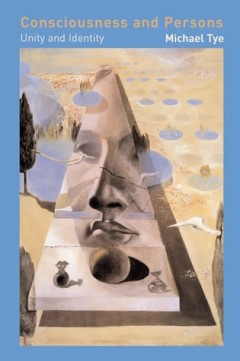
Consciousness and Persons: Unity and Identity
"A Bradford book."In Consciousness and Persons: Unity and Identity, Michael Tye takes on the thorny issue of the unity of consciousness and answers these important questions: What exactly is the unity of consciousness? Can a single person have a divided consciousness? What is a single person? Tye argues that unity is a fundamental part of human consciousness--something so basic to everyday expe…
- Edition
- -
- ISBN/ISSN
- 9780262285308
- Collation
- 1 online resource (xv, 203 pages) :illustrations.
- Series Title
- -
- Call Number
- -
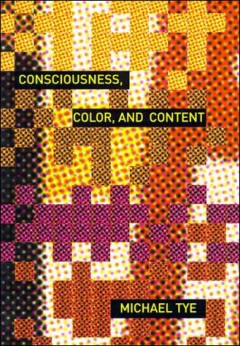
Consciousness, Color, and Content
"A Bradford book."Experiences and feelings are inherently conscious states. There is something it is like to feel pain, to have an itch, to experience bright red. Philosophers call this sort of consciousness "phenomenal consciousness." Even though phenomenal consciousness seems to be a relatively primitive matter, something more widespread in nature than higher-order or reflective consciousness…
- Edition
- -
- ISBN/ISSN
- 9780262285315
- Collation
- 1 online resource (xiii, 198 pages).
- Series Title
- -
- Call Number
- -
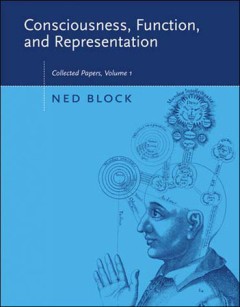
Consciousness, Function, and Representation, Volume 1: Collected Papers
"A Bradford book."AnnotationOCLC-licensed vendor bibliographic record.
- Edition
- -
- ISBN/ISSN
- 9780262268776
- Collation
- 1 online resource (vi, 636 pages) :illustrations.
- Series Title
- -
- Call Number
- -

Adorno's negative dialectic :philosophy and the possibility of critical ratio…
The purely philosophical concerns of Theodor W. Adorno's negative dialectic would seem to be far removed from the concreteness of critical theory; Adorno's philosophy considers perhaps the most traditional subject of "pure" philosophy, the structure of experience, whereas critical theory examines specific aspects of society. But, as Brian O'Connor demonstrates in this highly original interpreta…
- Edition
- -
- ISBN/ISSN
- 9780262280884
- Collation
- 1 online resource (xviii, 204 pages).
- Series Title
- -
- Call Number
- -
 Computer Science, Information & General Works
Computer Science, Information & General Works  Philosophy & Psychology
Philosophy & Psychology  Religion
Religion  Social Sciences
Social Sciences  Language
Language  Pure Science
Pure Science  Applied Sciences
Applied Sciences  Art & Recreation
Art & Recreation  Literature
Literature  History & Geography
History & Geography